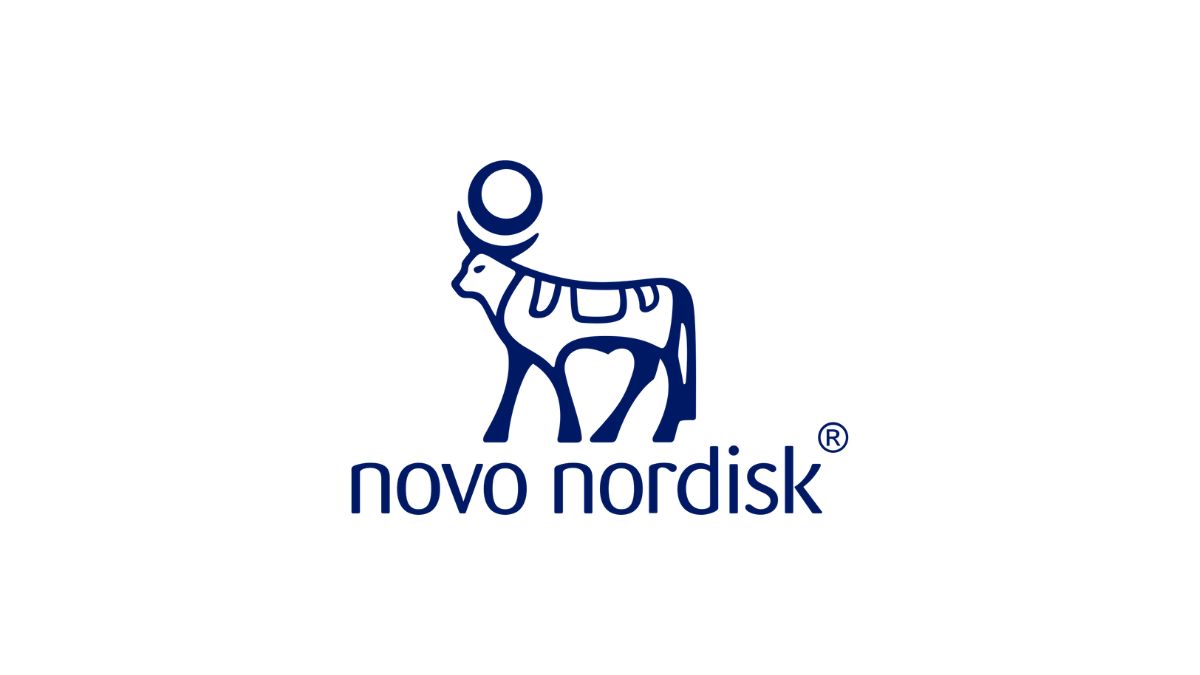Novo Nordisk shares extended gains on Wednesday, rising 4%, after the company announced that its amylin agonist amycretin will advance to Phase III trials in type 2 diabetes (T2D) following strong Phase II data.
In the mid-stage dose-finding study (NCT06542874), the subcutaneous once-weekly formulation produced significant improvements in blood sugar control. Up to 89.1% of patients achieved HbA1c levels below 7% after 36 weeks, with a mean HbA1c reduction of 1.8%.
The once-daily amycretin arm delivered a 1.5% mean HbA1c reduction, with 77.6% of patients reaching levels below 7%.
Strong weight-loss performance
Amycretin also delivered robust weight-loss results:
-
Up to 14.5% weight loss over 36 weeks
-
Placebo group: 2.6%
-
No weight-loss plateau observed at week 36
Safety and tolerability remained consistent with other incretin and amylin-based therapies.
These results follow Novo Nordisk’s earlier Phase II obesity trial, where amycretin produced up to 22% weight loss, prompting the company to move the drug into late-stage studies.
Analyst view
Shehroz Mahmood, senior analyst at GlobalData, called the T2D results “encouraging,” noting the absence of a weight-loss plateau and the potential to challenge Eli Lilly’s Zepbound (tirzepatide).
However, Mahmood also pointed out that Novo Nordisk faces a timeline disadvantage. With Phase III beginning in 2026, market entry is unlikely before 2028–2029, giving Eli Lilly several years of additional market lead.
Context: intense rivalry with Eli Lilly
The amycretin progress comes at a challenging time for Novo Nordisk:
-
Shares have fallen nearly 60% since November 2024
-
The company cut its 2025 outlook due to slowing GLP-1RA sales
-
It lost the Metsera M&A bidding war to Pfizer
-
Board-level churn has added to pressures
Eli Lilly, meanwhile, surged ahead thanks to the success of Mounjaro and Zepbound, becoming the first pharma to cross the $1 trillion market cap mark.
A potential turning point?
Mahmood said amycretin may help reverse Novo Nordisk’s trajectory if it delivers “quality weight loss” — improvements in metabolic health, preservation of lean mass, and long-term maintenance — alongside strong tolerability.
He added that while many companies are exploring amylin-based combination therapies, Novo Nordisk’s “unique unimolecular formulation” could support future market success.


